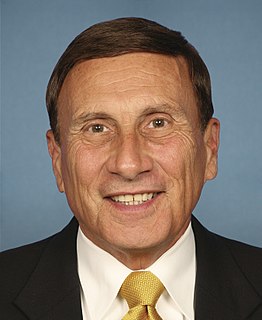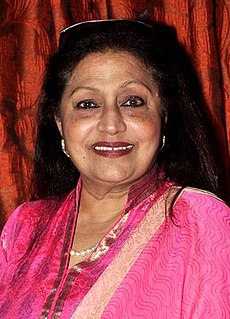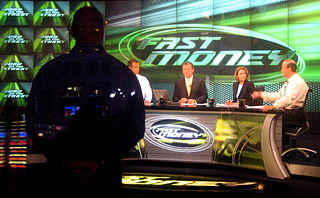A Quote by Anubhav Sinha
'Article 15' is an investigative drama where the audience too is an accused party.
Related Quotes
Anyone who does investigative journalism is not in it for the money. Investigative journalism by nature is the most work intensive kind of journalism you can take on. That's why you see less and less investigative journalism at newspapers and magazines. No matter what you're paid for it, you put in so many man-hours it's one of the least lucrative aspects of journalism you can take on.
When I was 15 years old I read an article about Ivan Boesky, the well-known takeover trader - turned out years later it was all on inside information! But before that came to light he was very successful, very flamboyant. And I thought, "This is what I want to do". So I'm 15 years old, I decide I'm going to Wall Street.
When I was 15 years old, I read an article about Ivan Boesky, the well-known takeover trader - turned out years later it was all on inside information! But before that came to light, he was very successful, very flamboyant. And I thought, 'This is what I want to do.' So I'm 15 years old, I decide I'm going to Wall Street.
I was kind of amazed because I first found out about blue boxes in an article in Esquire magazine labeled fiction. That article was the most truthful article I've ever read in my life... That article was so truthful, and it told about a mistake in the phone company that let you dial phone calls anywhere in the world. What an amazing thing to discover.




































